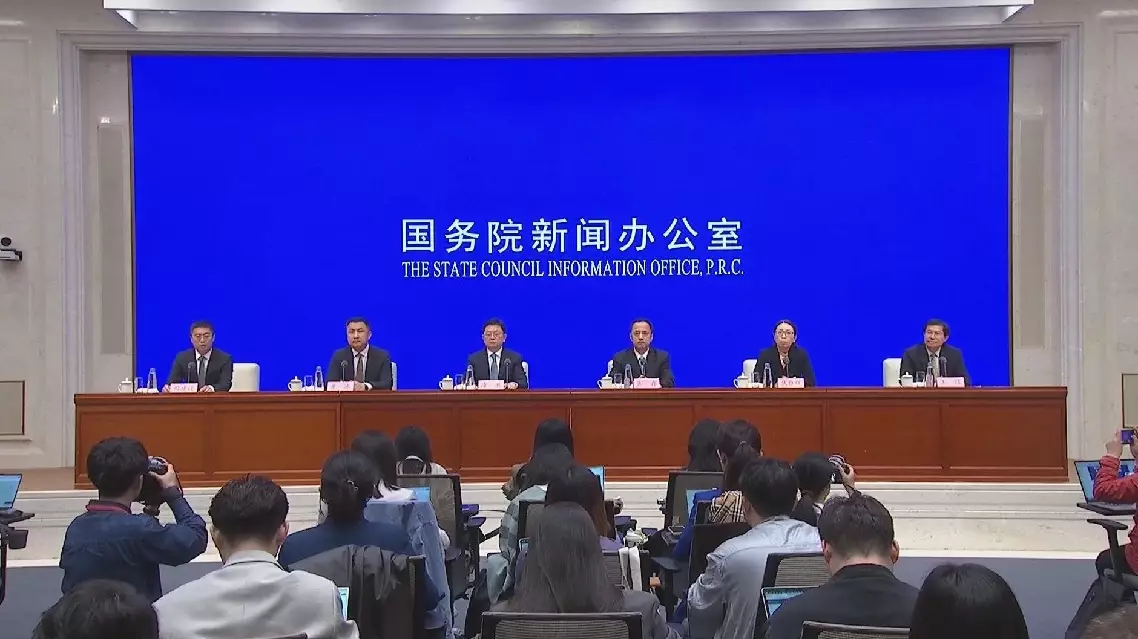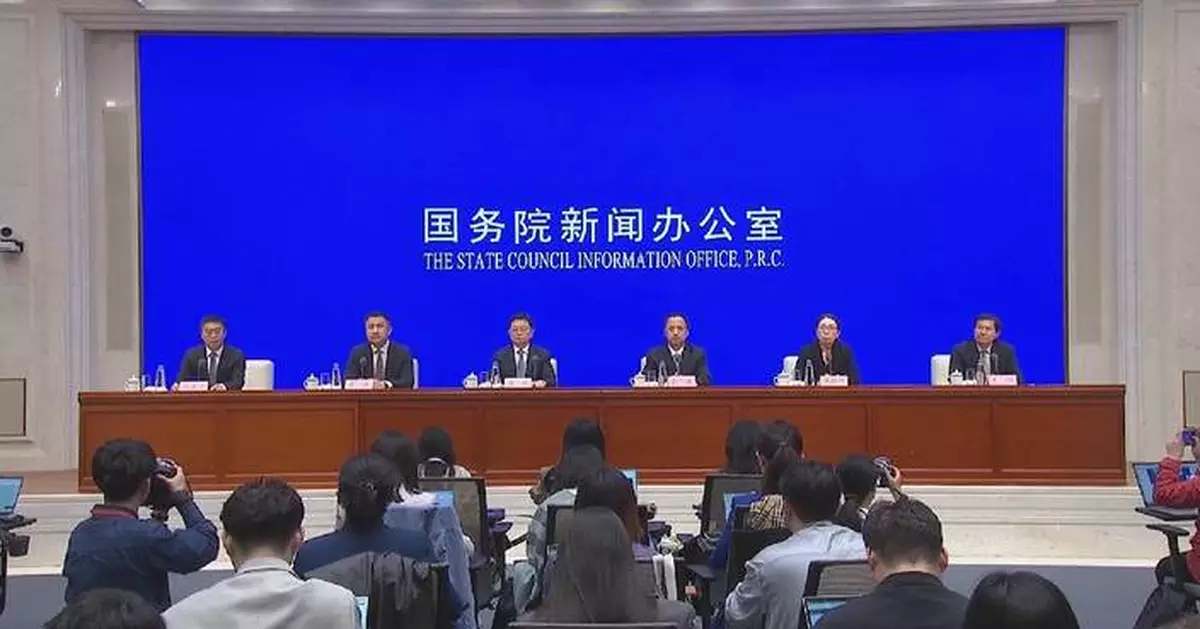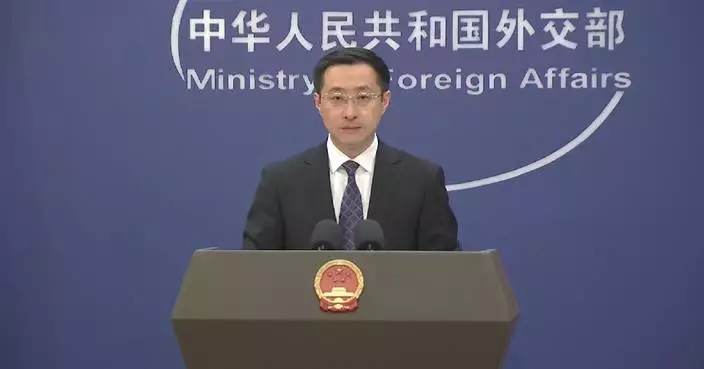China's State Council has approved an extensive plan to accelerate the opening of its service sector, expanding pilot projects to include nine new cities, a commerce official said at a regular press briefing on Monday.
Building on a decade of innovation, the plan adds cities such as Dalian, Ningbo, Shenzhen, and Suzhou, targeting key services such as telecommunications, medical services, commerce and trade, and finance, with a focus on easing foreign ownership restrictions, promoting green finance, and supporting international operations.
Since 2015, the State Council has approved the pilot program in 11 provinces and cities including Beijing.
"To accelerate the formation of more diverse institutional innovations and further improve the efficiency of the pilot projects, we have expanded the scope of the initiative across all eligible regions. The previous distinctions between regions and task batches no longer apply, and the program has been fully implemented in all the existing 11 pilot provinces and cities simultaneously," said Ling Ji, Vice Minister of Commerce and Deputy Representative for International Trade Negotiations.
"In addition to the existing 11 pilot provinces and cities, we are also adding nine more cities to the program, which include Dalian, Ningbo, Xiamen, Qingdao, Shenzhen, Hefei, Fuzhou, Xi'an, and Suzhou. These cities will now be included in the pilot initiative as well," Ling added.
The additional nine cities selected for the pilot program were chosen for their strong service sector foundations, regional and industrial significance, and capacity for effective implementation.
The plan also outlines 155 tasks designed to open key industry sectors such as removing foreign ownership limits in telecommunications, expanding international gaming operations, and supporting foreign doctors. It also encourages international factoring, green finance, and foreign investment in travel agencies.
The plan also focuses on improving support for foreign talent, simplifying visa processes, permanent residency applications, and professional qualification recognition. It also strengthens legal protections for foreign-related arbitration, legal practices, and labor regulations.
The initiative aims to harmonize rules and standards across various sectors, including cross-border data flow, intellectual property, and environmental regulations. In parallel, it emphasizes risk prevention and coordinated supervision to ensure orderly progress in opening key industries.

China expands opening up of service sector, adding nine new pilot cities



















































